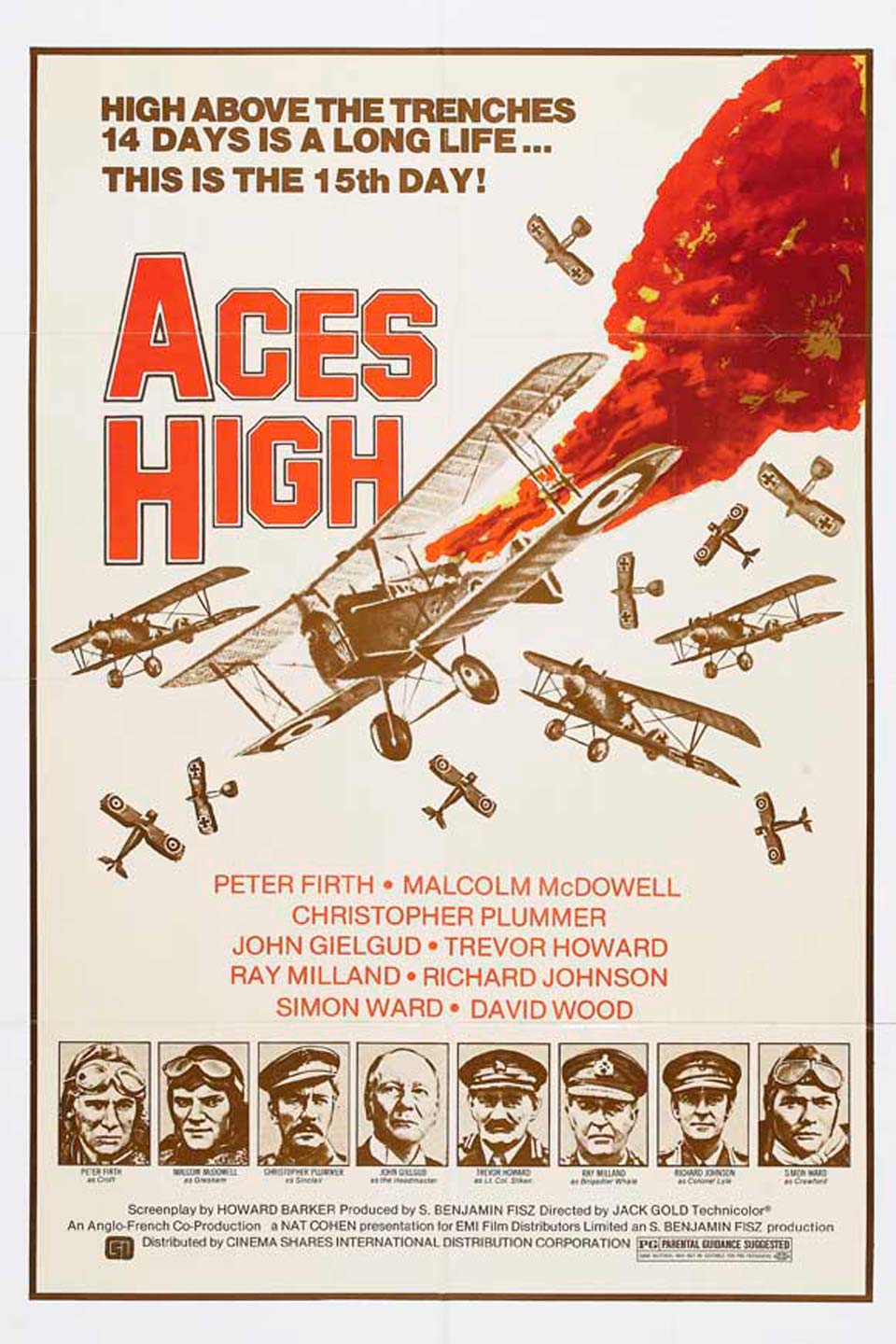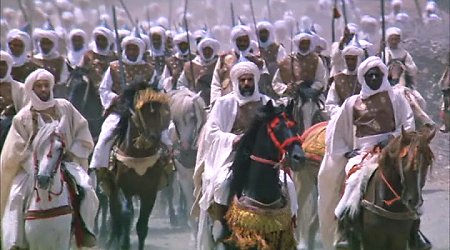

As the scholars and historians of Islam-The University of Al-Azhar in Cairo, The High Islamic Congress of the Shiat in Lebanon have approved the accuracy and fidelity of this film. Viewers expecting to see Mohammed in this three-hour epic will be disapappointed, as he never appears on the screen. Akkad got killed in a terrorist attack in Jordan in 2005.Ī breathtaking and overwhelming film set in 7th century with thousands of extras about the genesis of the religion of Islam. Akkad (who was best known as the producer of the "Halloween" franchise) later cast Quinn and Papas in "Lion of the Desert", about Libyan national hero Omar Mukhtar, who fought against the Italian occupation. Also starring Irene Papas, Michael Ansara (Barbara Eden's former husband), Johnny Sekka and Michael Forest.
The message 1976 film movie#
One can argue that there was nothing bad about having multiple gods as Mecca did before Mohammed founded Islam, but Mohammed and his followers certainly believed in what they were doing, and the movie makes a very good point of that. And so, he founded a religion that is now the faith of about one fifth of the world population. Without a doubt, Mohammed (just like Jesus) was basically a revolutionary, showing how the people in control of Mecca were oppressing the majority of the population. Most of the movie is very energizing, despite a few slow scenes. So, the movie focuses mainly on Mohammed's uncle Hamza ibn 'Abd al-Muttalib (Anthony Quinn). In compliance with Islamic tradition, Mohammed himself is not depicted, since the religion forbids depictions of him. Moustapha Akkad's movie "The Message" (alternately called "Mohammad, Messenger of God") tells the story of the founding of Islam. It deserves wider recognition among cinema fans, as evidenced by the relatively low number of user ratings and film reviews on this board. The casting for the film is first rate, with excellent cinematography and bold characterizations. As a springboard to learning more about Islam, I think this film is an effective first step, designed to lead those having an interest toward other sources of information. I thought this picture presented a very even handed portrayal of the origins of Islam, even though a major downside was the inability to show the character of Mohammad on screen, a consideration afforded to the adherents of the religion. I also have to confess that I know very little of the religion of Islam, though we are inundated on a daily basis with the extremist elements that have emerged from that ideology. I can't imagine why that is, because films like "The Ten Commandments" and "King of Kings" seem to be universally known from the Christian perspective. Surprisingly, I had never heard of this movie and probably would have never seen it had it not been listed in IMDb's 'Top 250' films of last year. The film has a lot of good qualities, but as they used to say in that old MacDonald's commercial: Where's the Beef. But Islam has the restriction about hearing or seeing a depiction of the Prophet which robs the film of what it needs most, a charismatic player doing the role of Mohammed and reading some of the poetical/lyrical quality of his sayings. It was the best part of the film, it couldn't have been made without it. In fact recently I saw Peter and Paul and I was quite impressed with Anthony Hopkins acting out the sermons recorded in the New Testament of Paul. In King of Kings and The Greatest Story Ever Told both Jeffrey Hunter and Max Von Sydow read lines from the New Testament as part of the dialog because the messenger is of course an integral part of the story. But in those films Jesus was not the central character. The figure of Jesus in both The Big Fisherman and Ben-Hur is seen from the rear and is not heard at all. Still even laboring under that handicap, when it opened in 1976 there were still protests.


We never hear Mohammed, we see him on two occasions in long-shot and he's not recognizable. Anthony Quinn, Irene Papas, Michael Ansara and the rest of the players talk to the camera as if Mohammed was like Philip Marlowe in Lady of the Lake, that famous noir film shot in the first person. What we have in The Message is a cast playing to a vacuum. It was by arms as well as faith that Islam triumphed in the Arabian peninsula and was spreading elsewhere when the Prophet died in 632. He was not only a great religious teacher, but apparently quite the military strategist. He would have to have been to have accomplished what he did. By all accounts the messenger was one charismatic fellow. The Message is about the early days of Islam, but as a film it labors under the insurmountable handicap of us not seeing the messenger. Apparently when Mohammed founded Islam he never factored in the great use that motion pictures could be made for spreading the faith.


 0 kommentar(er)
0 kommentar(er)
